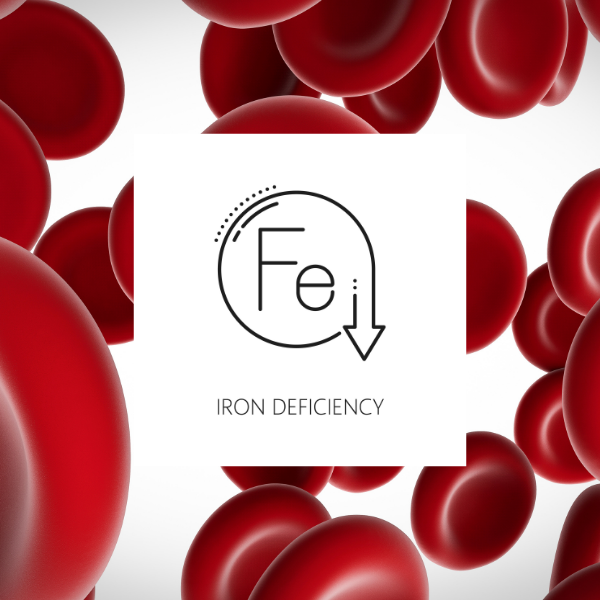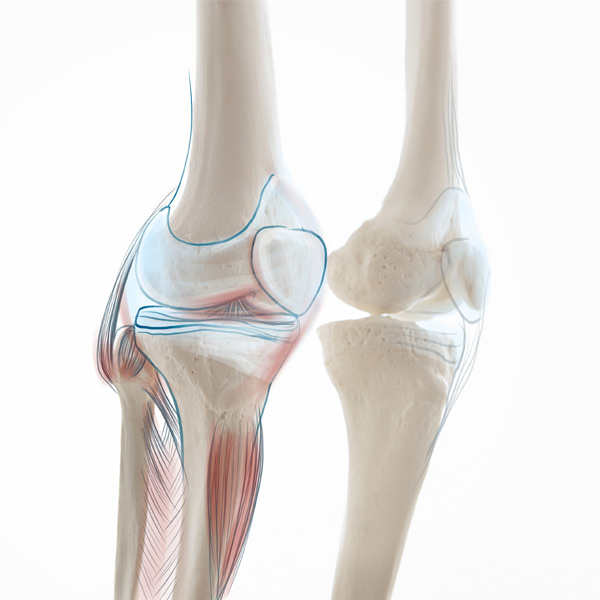Introduction to Ketamine and Sleep
Ketamine is known for its role in treating depression, anxiety, and chronic pain. However, its effects on sleep patterns are a topic of ongoing research. Understanding how ketamine interacts with sleep is essential for those considering ketamine therapy, especially those with existing sleep issues. This blog will explore how ketamine affects sleep, whether it helps or hinders sleep quality, and what patients can expect.
How Ketamine Affects Sleep
Ketamine is an NMDA receptor antagonist. It works by blocking NMDA receptors in the brain, influencing the neurotransmitter glutamate. Glutamate plays a critical role in regulating mood, memory, and sleep. By altering glutamate activity, ketamine can have a range of effects on the brain and body, including sleep patterns.
Ketamine and REM Sleep
Rapid Eye Movement (REM) sleep is a crucial part of the sleep cycle associated with dreaming and memory consolidation. Studies suggest that ketamine can affect REM sleep. Some research indicates that ketamine may reduce the amount of REM sleep while increasing slow-wave sleep, which is the deepest stage of sleep. Slow-wave sleep is important for physical recovery and immune system function.
While the reduction in REM sleep might seem concerning, it is essential to note that ketamine’s effect on REM sleep may vary based on dosage and individual differences. Some patients may experience minimal changes, while others might notice a more significant shift in their sleep patterns.
Ketamine’s Impact on Sleep Quality
Ketamine’s impact on overall sleep quality is complex. Some patients report improved sleep quality following ketamine therapy, especially those who experience relief from depression or chronic pain. The reduction in symptoms may lead to less nighttime waking and a more restful sleep experience.
However, others may experience disturbances in sleep patterns, including difficulty falling asleep or staying asleep. These effects can be more pronounced during the initial phase of treatment as the body adjusts to ketamine. It is important to monitor sleep patterns and communicate any changes to healthcare providers.
Potential Benefits of Ketamine for Sleep
For individuals struggling with depression, anxiety, or chronic pain, ketamine may indirectly improve sleep by addressing the underlying conditions. Depression and chronic pain often lead to insomnia or disrupted sleep. By reducing the symptoms of these conditions, ketamine may help create a more conducive environment for restful sleep.
Additionally, ketamine’s ability to promote synaptogenesis, or the formation of new neural connections, may contribute to better sleep regulation. Improved neural connectivity could help stabilize sleep patterns over time, leading to more consistent and restorative sleep.
Risks and Considerations
While ketamine may offer potential sleep benefits, there are also risks to consider. The dissociative effects of ketamine, which can cause a sense of detachment from reality, might contribute to unusual dreams or sleep disturbances. These effects are generally short-lived but can be disorienting for some individuals.
There is also the potential for ketamine to disrupt natural sleep architecture, particularly in higher doses. Disruption of sleep architecture can affect the balance between REM and non-REM sleep, leading to less restorative sleep over time. For this reason, it is crucial to use ketamine under medical supervision, with careful monitoring of its effects on sleep. Consulting with a healthcare provider before starting ketamine therapy is essential to discuss potential benefits and risks tailored to your specific health needs.
Ketamine for Sleep Disorders
Research into using ketamine specifically for sleep disorders, such as insomnia, is still in the early stages. Some studies suggest that ketamine could be a potential treatment for sleep disorders related to depression or PTSD. However, more research is needed to understand its long-term impact and effectiveness fully.
Patients with sleep disorders considering ketamine therapy should consult with healthcare providers to discuss potential benefits and risks. It may be necessary to adjust the treatment plan to minimize sleep disturbances while still achieving the therapeutic benefits of ketamine.
Patients undergoing ketamine therapy should keep track of their sleep patterns and report any significant changes to healthcare providers. Maintaining a sleep diary can help identify patterns and determine whether adjustments to the treatment plan are necessary.
Healthcare providers may also recommend integrating other therapeutic approaches, such as cognitive-behavioral therapy for insomnia (CBT-I), to support healthy sleep patterns. Combining ketamine therapy with other treatments may enhance overall well-being and improve sleep quality.
Revived IV Therapy: Supporting Your Mental Health and Sleep
Revived IV Therapy in Houston offers ketamine therapy to help manage symptoms of depression, anxiety, and chronic pain. Our team of experienced medical professionals is committed to providing personalized care, ensuring that each patient’s treatment plan addresses their unique needs, including sleep concerns. We work closely with patients to monitor the effects of ketamine on mood and sleep, making necessary adjustments to support overall health and well-being. If you are struggling with depression or sleep issues and are considering ketamine therapy, contact Revived IV Therapy to learn more about how we can help you achieve better mental health and restful sleep.



























